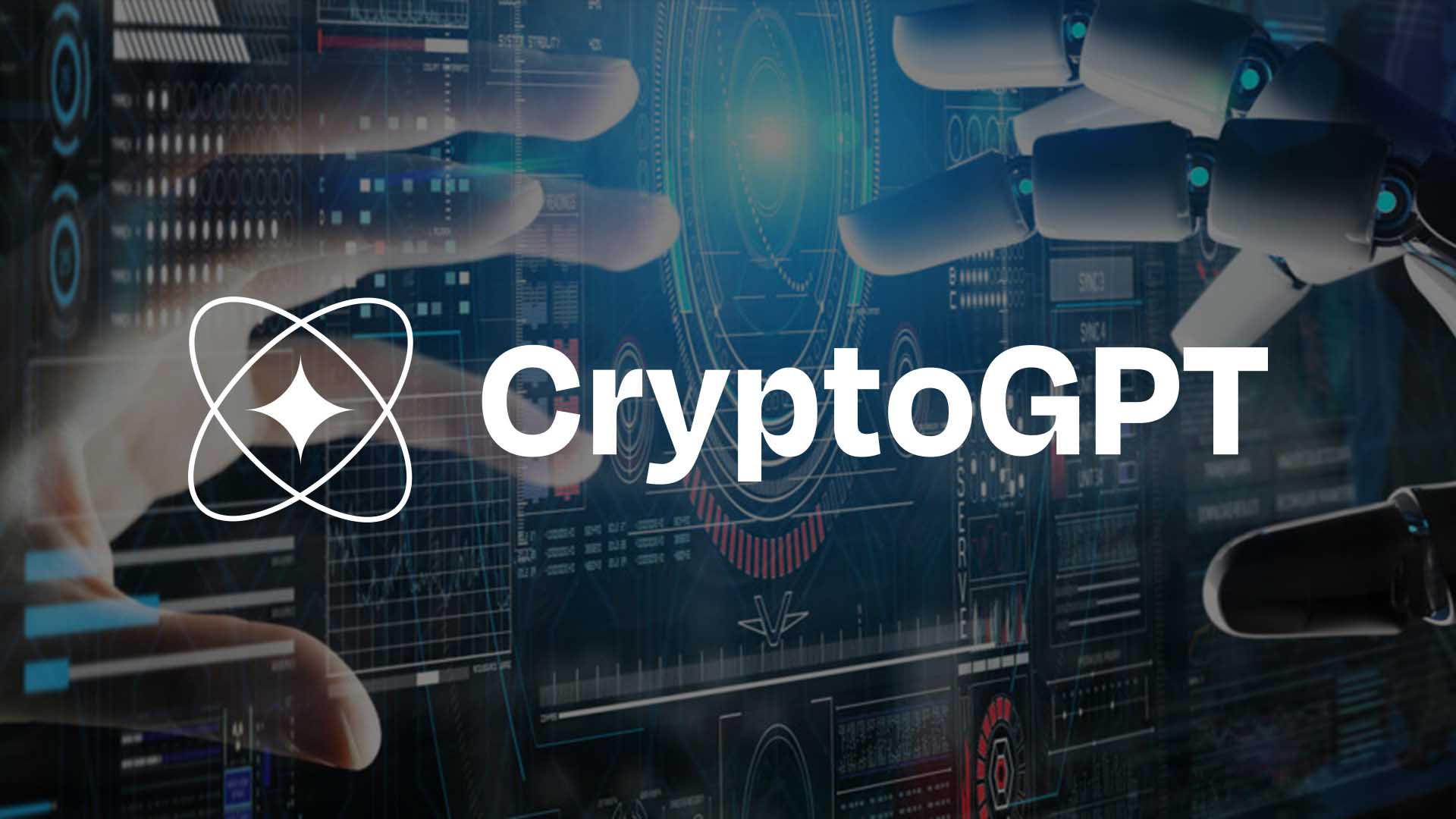Zero-Knowledge Layer-2 platform CryptoGPT has raised $10 million in Series A funding.
The round, led by DWF Labs, has boosted the value of CryptoGPT to $250 million. Co-founder and Chief Technology Officer Dejan Erja noted that the company would use the new funding to expand CryptoGPT’s global developer team and grow its presence in the Asian market.
CryptoGPT takes pride in being an AI-driven means for users to earn money from the data they generate. Users can allow CryptoGPT to gather their preferences, behavior, and other data when using these apps. The platform claims to employ the use of zero-knowledge-proof technology for the transfer of data between users and commercial apps.
At the time of writing, the platform claims more than 2 million people use its apps, over 672,000 app views, and more than 19,000 daily active accounts. CryptoGPT is working towards allowing its users to turn their daily tasks into a source of income.
There are some controversial issues about CryptoGPT
Despite the good news, the project has been quite controversial since its existence. The AI-focused blockchain platform launched a token barely three months after registering its domain name on January 16, 2023.
CryptoGPT set up its Twitter profile in February 2023. Surprisingly, the page was able to rack up almost 150,000 followers in 27 tweets. A Twitter user named “ZachXBT” regarded CryptoGPT as a “sketchy project” highlighting specific issues regarding the platform.
Another controversial feature of the platform is that its chatbot Alex tells users it is GPT-3. When users ask Alex if CryptoGPT made it, the chatbot accredits its creation to OpenAI.
How viable are AI tokens?
OpenAI’s ChatGPT has shone a spotlight on the AI space and, consequently, AI-focused crypto. AI tokens typically leverage blockchain technology to facilitate interactions within the AI ecosystem. They incentivize network participation or provide access to AI-related services.
The mainstream success of ChatGPT has contributed to the success of AI-focused cryptocurrencies, like Fetch.ai and SingularityNET. However, analysts are wary of these tokens and their technologies. The gains these assets have recently enjoyed can be associated with opportunistic tokenholders seeking quick returns.
The market for AI-related services and products is relatively new and may be subject to rapid changes in technology and demand.
 Lifted A.
Lifted A.











